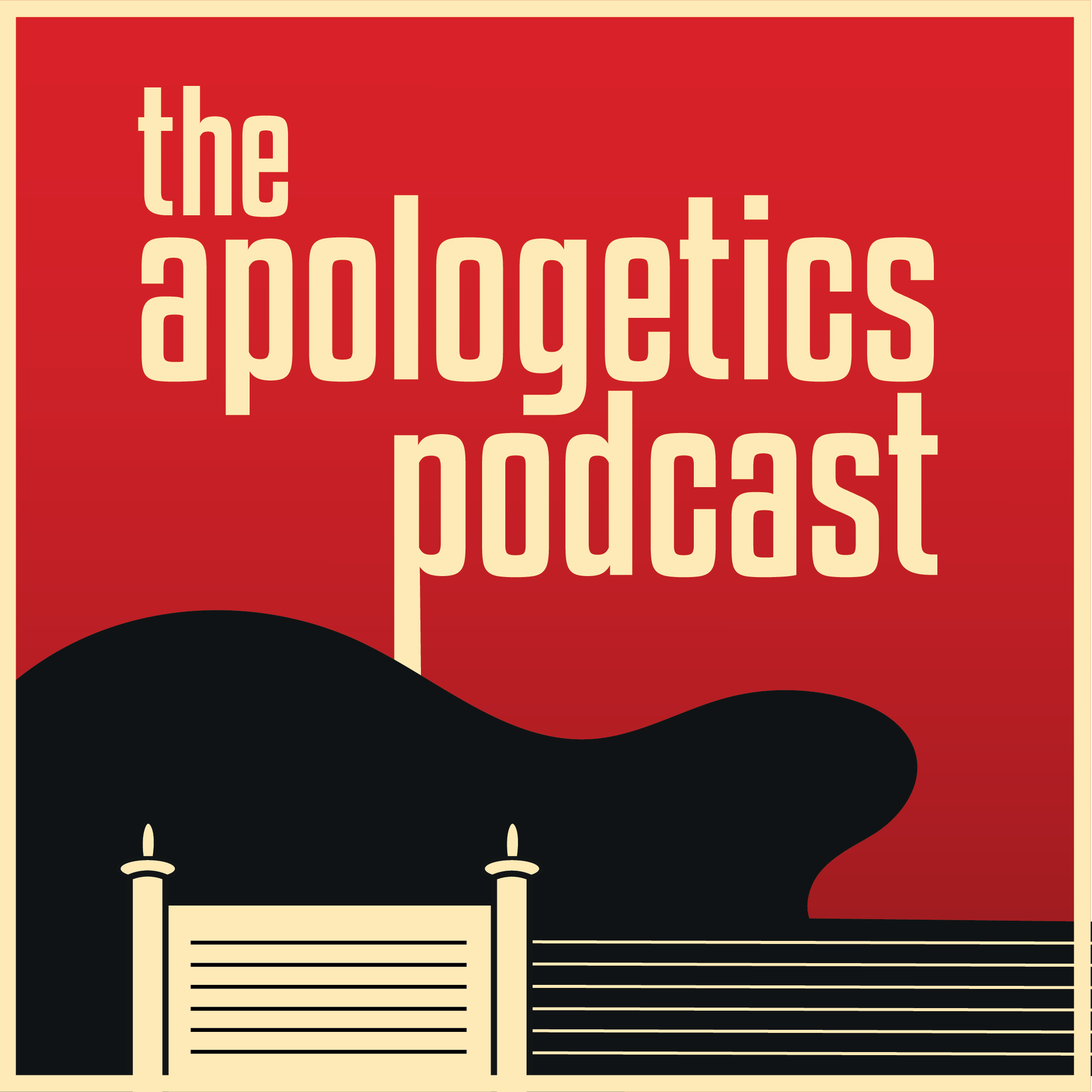Three Chords Goes to the Movies: Star Wars: Episode IX: The Rise of Skywalker
Description
On May 25, 1977, a young filmmaker named George Lucas released a space fantasy that he had simply titled Star Wars. Three years later, Lucas expanded the title to Star Wars: Episode IV: A New Hope and it became clear that this movie was one small segment of a far larger story. Over the past four decades, this story has developed into one of the most influential cultural phenomena of the modern era. Now, with the release of Star Wars: Episode IX: The Rise of Skywalker, the saga that began In 1977 has drawn to a end—and what an ending it is!
In this special episode of Three Chords and the Truth: The Apologetics Podcast, Garrick Bailey and Timothy Paul Jones take a theological look at the latest and the last installment in the Skywalker saga that George Lucas launched more than four decades ago.
Subscribe to Three Chords and the Truth: The Apologetics Podcast: Apple / Android / RSS.
Questions to Discuss about Star Wars: Episode IX: The Rise of Skywalker
1. How does redemption take place within the worldview of Star Wars?
2. Characters in Star Wars frequently describe their ideal as “balance” between the dark and light sides of the Force. Yet, in the end, victory is not achieved through balance but through a victory of light over darkness. What does this tell you about the inadequacy of Eastern views of salvation?
3. What does the change in Rey’s perception of her own identity reveal about humanity’s awareness of our need for redemption through adoption?
4. Why do stormtroopers aim their blasters so poorly? How could sandpeople possibly be worse shots than stormtroopers?
Links to Click
B and H Academic
Finding God in a Galaxy Far Far Away: book by Timothy Paul Jones
Star Wars: Episode IX: The Rise of Skywalker: The Visual Dictionary: visual guide to Star Wars: Episode IX: The Rise of Skywalker
Star Wars: The Complete Saga: movie series originally by George Lucas
Star Wars Party: album by Meco
ThreeChordsApologetics.com
If you are interested in earning a master’s degree online or on campus that will equip you with the most comprehensive apologetics training available anywhere, go here.
How to Make Three Chords and the Truth More Amazing than It Already Is
Support the show and spread the word! Here are a few ways to do that:
1. Subscribe to Three Chords and the Truth: The Apologetics Podcast (Apple / Android / RSS).
2. Leave a rating and review on iTunes to encourage other people to listen to the show.
3. If you purchase any of the books mentioned on Three Chords and the Truth, consider using the Amazon links provided in the show notes. The show will receive a small percentage of each sale.
4. Visit our Patreon site where you can support the podcast, suggest future songs or topics, and order Three Chords and the Truth merchandise.
5. Make contact with us on Twitter: @DrTimothyPJones @GarrickBailey @ApologeticsPod
The Closing Credits
Three Chords and the Truth: The Apologetics Podcast thanks B&H Academic for their sponsorship. Music for the podcast has been licensed through Artlist.io and performed by the band Vegan Friendly—even though neither Garrick nor Timothy has ever been vegan friendly. Brief excerpts of music played in this program are included solely for the purposes of comment and critique as allowed under the fair-use provision of U.S. copyright law. "The fair use of a copyrighted work ... for purposes such as criticism, comment, news reporting, teaching, ... scholarship, or research, is not an infringement of copyright" (U.S. Code § 107, Limitations on exclusive rights: Fair use).
More Episodes
What is a "Christian nationalist" and how do you know if you might be one?
That's the question Garrick Bailey and Timothy Paul Jones ask distinguished American historian Thomas Kidd. Along the way, Garrick and Timothy discover that the answer isn't nearly as scary as some people seem to think....
Published 10/29/24
Heaven is multiethnic. Are you ready for that?
The Bible tells us that the congregation gathered around God's heavenly throne will be “a vast multitude from every nation, tribe, people, and language,” all singing the praises of the Lamb. God's intention has always been to delight for all eternity...
Published 10/22/24
Published 10/22/24


